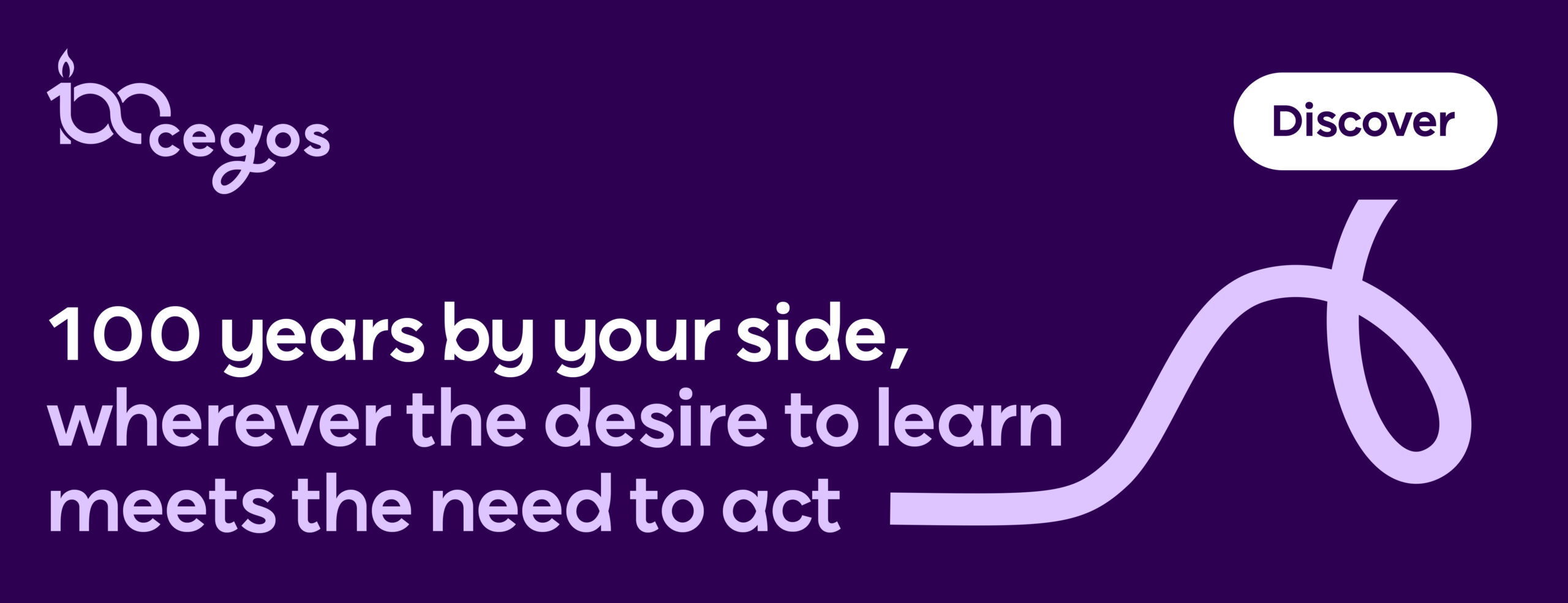

Much has been made of digital transformation over the last several years and, according to Statista research on digital transformation spending worldwide from 2017-2027, companies have invested vast sums in new technologies to make it happen. However, the technical framework of digital transformation forms only part of the picture. People are just as critical to the project as the technology, yet too many managers fail to grasp this concept to the degree they should.
Digital transformation is essential to remain competitive in an ever-changing world. Companies that quickly adapt to new technologies benefit from several advantages, including improved operational efficiency, greater agility, in-depth customer insights and increased innovation capabilities.
The [COVID-19] pandemic accelerated digital transformation. However, companies prioritized technical intervention over supporting their teams through the transformation process. People need help to adapt to these changes.
Managing Your Team in a Time Of Rapid Change
Effective change management is vital for successful digital transformation. Organisations need to have a clear communication strategy that ensures all stakeholders understand the goals, benefits and implications of the transformation. Lack of communication or poor change management can lead to confusion, resistance and project derailment.
People within organisations, especially at the top, need a range of skills to properly manage digital transformation. It’s not enough to simply understand the technology involved.
While many employees embrace the switch to digital, others have become reluctant to engage with what they see as complex tools that take time to understand fully. For some, this reluctance comes from fear of losing their jobs and potentially, their self-worth. Some workers may worry that the technologies may succeed in making systems more efficient — and them obsolete.
Our company has identified the core skills teams need to navigate the conflicting demands of a digital future and help transform their organizations into competitive and innovative institutions.
Leadership skills
Digital transformation requires strong leadership and buy-in from top management to drive cultural change and create a culture of innovation. Without the support of senior leadership, digital transformation initiatives may lack direction, resources and momentum. Great leaders should be able to define a clear strategy and roadmap, align their digital initiatives with business objectives and inspire their teams to embrace change.
As such, leaders must be able to guide their teams through this digital transformation and motivate them to use these new technologies. Leadership must also be aware of any resistance and take the necessary steps to remedy it. This will require communication skills to effectively explain the purpose of employing these technologies in the organization.
Leadership skills are key to aligning these technologies with business strategy and inspiring teams to embrace change. Regular workshops can enhance leaders’ understanding of digital trends. Implement a mentorship program and pair senior leaders with digital natives.
Resilience and agility skills
Training people to have a growth mindset is the key to helping them embrace a digital culture — where employees continuously seek opportunities to learn and innovate. Employees of all levels may resist changing what they do and how they work, especially if they believe technological advancements are threatening their job security and/or status quo. This resistance can lead to the slow adoption of new technologies or outright rejection of transformation efforts.
This can cause the digital transformation to fail due to a lack of resilience and agility skills. Employees must know how to be agile so they can respond quickly to changes in the workplace. And resilience training can teach them how to build mental toughness and improve their ability to overcome challenges and adapt to unprecedented changes.
These trainings can encourage people to drive innovation and stay ahead in the digital landscape with skills in experimentation, creativity and risk taking. This can be achieved through workshops that train teams to champion change and develop adaptability and resilience skills. These workshops can also encourage cross-functional teams to seek diverse perspectives for collaborative problem-solving.
Soft skills for IT professionals
Digital transformation is often driven by technology workers who may not possess the communication, empathetic and collaborative skills needed to onboard the organization. Therefore, it’s important that information technology (IT) professionals develop the following soft skills to optimise the way they manage the process.
Communication skills: The ability to communicate effectively with both technical and non-technical stakeholders is essential. IT professionals need to know how to explain complex technical concepts in simpler terms and listen to and understand the needs of their colleagues.
Problem-solving skills: Digital transformation often involves overcoming complex challenges, so IT professionals must be able to identify and solve problems quickly and efficiently.
Adaptability: Digital transformation is an ever-evolving process, so IT professionals must be able to adapt to new technologies and work in a constantly changing environment.
Creativity: Finding innovative solutions to problems is critical to the success of any digital transformation process. IT professionals must be able to think creatively and outside the box.
Empathy: Understanding the concerns and fears of non-technical colleagues during the digital transformation process is essential for building trust and buy-in across the entire organization.
Time management: Digital transformation projects often have tight deadlines, so IT professionals must be able to manage their time effectively and prioritize tasks.
Different strategies can be used to complement technology workers’ technical expertise with soft skills, like tailoring learning for IT teams, developing problem-solving workshops using real-world scenarios to enhance analytical skills and organizing team-building activities that focus on empathy and understanding diverse viewpoints. Central to success in digital transformation is a commitment to continuous learning.
Digital skills
Digital transformation is driven by technology and all teams need to have basic technology proficiency. The following four skills help employees to gain confidence in using digital tech and avoid the pitfalls.
Digital well-being: Coping with the overwhelming amount of digital information can be difficult. Working with digital tech efficiently while taking care of mental health is crucial.
Digital collaboration: There are many digital tools that foster good collaboration. Knowing which tools to use and how to employ them effectively boosts productivity.
Digital security: Digital threats are on the rise. It is essential, therefore, that people understand what those threats look like and take steps to either avoid them altogether, or deal with them quickly as and when they arise.
Data literacy: Understand how to analyze and use data in way that tells the story behind it. Being able to communicate that data effectively is a valuable skill.
Basic digital proficiency across teams is non-negotiable for a successful digital transformation. Ensure your people have easy access to courses that explain key concepts. You can also run cybersecurity drills and provide training to familiarize employees with digital threats and prevention measures. Lastly, to manage digital stress and promote healthy work habits, introduce digital well-being programs and encourage participation.
Looking Ahead in Today’s Digital Transformation
The landscape of business is undergoing a profound shift, and the mastery of core skills is imperative for success. An efficacious transformation relies on strong leadership, adaptability and resilience, soft skills training and, most importantly, a continuous learning culture. Learning and development (L&D) professionals serve as architects of this cultural shift, playing a central role in fostering an environment where employees not only embrace change but actively seek opportunities to expand their skills sets.
Central to success in digital transformation is a commitment to continuous learning. Upskilling programs, workshops and online courses can be invaluable resources, equipping professionals with the knowledge and expertise needed to navigate the evolving digital landscape. When people possess all of these skills, they can have more confidence and improve overall performance.
What’s more, they can embrace new organizational tools with enthusiasm, positively impacting the drive toward digital transformation. And in many cases, people are already familiar with digital tools in their personal lives and just need to transfer those skills into the workplace. It simply requires a small step. Not a leap.
Should you wish to find out how Cegos can help develop digital skills within your teams, contact us.
Click here to find out more about the Statista research on digital transformation spending worldwide from 2017-2027.










